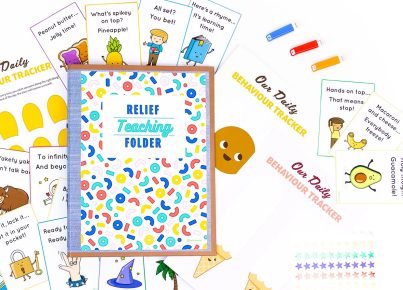When it comes to portraying the teaching profession, Hollywood often misses the mark. Many films tend to glamorize teaching, while others perpetrate misleading stereotypes about educators and the classroom experience. On the surface, these movies may be harmless entertainment, but they can have real-life consequences on our perceptions and expectations of teachers.
In this article, we will examine three dangerous myths about teaching that are often found in popular movies and discuss why they’re harmful to both educators and students.
1. The “Dead Poets Society” Effect: Inspirational Teachers are Miracle Workers
The movie “Dead Poets Society” introduced us to the charismatic Mr. Keating, a teacher who inspires his students with unconventional methods and passionate speeches. While it’s true that a dedicated teacher can have a significant impact on their students, no teacher can singlehandedly transform an entire class overnight. Real-life educators face a myriad of challenges daily beyond their control, such as class size, scarce resources, or issues faced by individual students.
This myth implies that a committed teacher should be able to overcome any obstacle in their way. In reality, many educators require support from administration, colleagues, and even the larger community to effectively manage their classrooms.
2. The White Savior Narrative: A Newcomer Can Save A Struggling School
In movies like “Freedom Writers” or “Dangerous Minds,” we see inexperienced teachers thrown into underprivileged schools with struggling students. Time and time again, these protagonists manage to turn around chaotic classrooms using unconventional techniques that win over their skeptical students.
This portrayal is particularly dangerous because it perpetuates the idea that teachers at low-income schools lack dedication or skill. In reality, many of these schools have experienced teachers working tirelessly within systems that don’t always provide them with adequate resources or support. Additionally, this narrative diminishes the importance of culturally responsive teaching methods and dismisses the value of trained, experienced educators working with marginalized communities.
3. The Instant Bond: Teachers and Students Forge Deep Connections Quickly
In movies, it’s not uncommon to see near-instantaneous deep connections between teachers and students. This quick bond leads to emotional breakthroughs for emotionally troubled youth, who often go on to succeed academically thanks to support from their new mentor.
While it’s true that strong relationships can make a difference in students’ academic success, building trust and rapport takes time and consistent effort. This myth creates unrealistic expectations for both teachers and students. Educators may feel inadequate if they can’t form instant bonds with their students, while students may undervalue the importance of investing in long-term relationships with their teachers over the course of their educational experience.
In Conclusion:
While movies can provide valuable insight and inspiration to educators, it’s important to remember that teaching is a complex profession that cannot be easily distilled into simple tropes. We should appreciate the real stories of dedication and perseverance from countless teachers worldwide who navigate daily challenges without the help of Hollywood magic.
By recognizing these myths for what they are — fabrications — we open up a dialogue about the genuine challenges teachers face in our schools today, fostering greater understanding and support for those dedicated to educating future generations.





